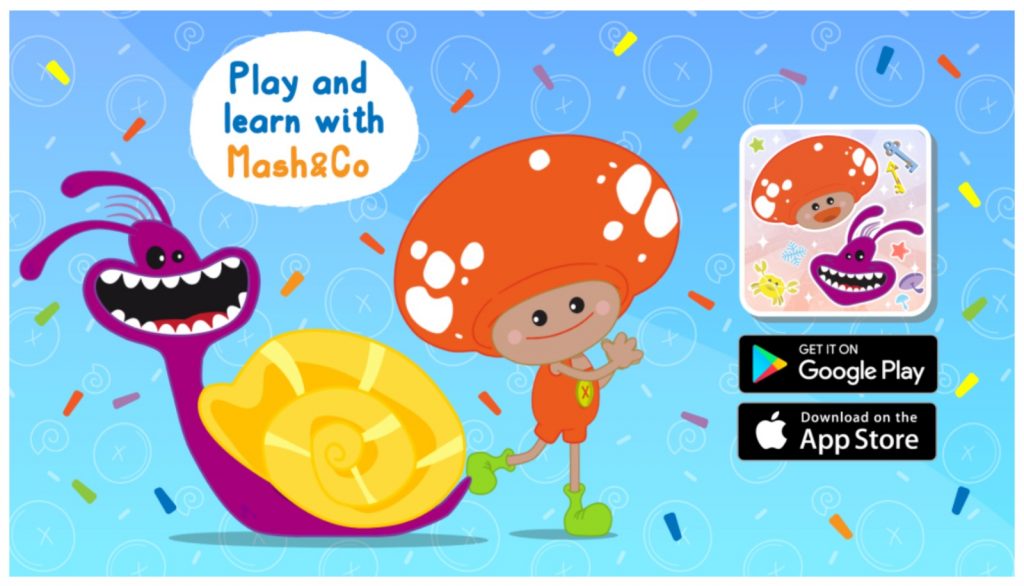Reasons why environmental education is more important than you think
In a world where the environment is constantly under threat, it’s more important than ever to instill a sense of respect for the natural world in our children. Environmental education is one way to do this. By teaching kids about the importance of taking care of our planet, we can help them develop a lifelong appreciation for the environment.
Since the early 1970s, awareness of the need to protect our environment has grown, and now it is hard to find someone who does not know about recycling, conserving energy, or preserving endangered species. However, while most people are aware of environmental issues, they often do not know how to make a difference. This is where ecological education comes in.
Environmental education teaches people about the environment and what they can do to protect it.
What is environmental education?
Most people are familiar with the term “environmental education” (EE) but are not sure what it means. Environmental education is about far more than just teaching kids about the environment. It is about empowering individuals of all ages with the knowledge and skills to make informed decisions and take responsible actions to protect the environment.
Environmental education instills a sense of wonder, appreciation, and responsibility for the natural world and its resources.
The benefits of environmental education
It is no secret that we are experiencing an environmental crisis. The good news is that there is something we can do about it: educate ourselves and others about the environment and how to protect it. Here are some of the benefits of environmental education.
Firstly, environmental education can help us to understand the causes of environmental problems and how to solve them. Secondly, it can inspire people to take action to protect the environment.
Environmental education is essential for kids to learn about the world around them and how they can help protect it. But sometimes, it can be hard to make learning about the environment fun for kids. Here are a few tips to make environmental education more fun for kids.
How to make environmental education fun for children
Environmental education is essential for children to learn about the world around them and how they can protect it. But sometimes, it can be challenging to make learning in the environment fun for children. Here are some tips to make environmental education more fun for kids:
Adopt a green lifestyle
When it comes to saving the environment, every little thing counts. You don’t have to make considerable changes to your family lifestyle to make a difference. Giving an example is the first rule to be able to teach anything to children.
Reduce Energy Consumption: Save electricity by unplugging electronic devices when not in use and switching to energy-saving light bulbs. During the warmer months, explain to your children to use natural light and open the windows instead of turning on the air conditioner. And when it comes time to replace old appliances, look for energy-saving models.
Reduce your water consumption: One of the simplest ways to save water is to install low-flow devices in your home. For example, you can reward your kids when they turn off the tap while brushing their teeth.
READ ALSO: Becoming an eco-conscious mom
Avoid waste at home and on the table
Nobody likes to see wasted food. It is not only wasteful but also harmful to the environment. One way to avoid food waste is to remove meals. Before shopping, take stock of what you already have in your pantry and refrigerator. Next, list the meals you can make with those ingredients. This will help you run out of what you have before it goes wrong and cut down on trips to the store.
Another way to reduce food waste is to buy fresh seasonal products. You can teach children that there is variety in food and that it is chosen for them. In-season fruits and vegetables are typically cheaper and taste better than off-season options.
Educational activities to learn how to plant and understand the importance of agriculture
According to a study conducted by the Food and Agriculture Organization, children who grow plants at home are more likely to lead an ecological lifestyle as adults. This gives them opportunities to know where their food comes from and teaches them the importance of caring for the environment.
If you are looking for a way to get your kids involved in gardening, there are a few things you can do. First, start small by planting some potted herbs or vegetables on your balcony or garden. Once they see how easy it is and how much fun they can have, they’ll likely want to help more.
If you have a little more space, you can set up a small vegetable garden to plant whatever they want. Just be sure of supervision and help them when needed.

Out of town trips in nature
There are many benefits to engaging children in green activities from an early age. Not only will they be more likely to adopt a green lifestyle themselves, but they will also have a greater for nature.
Visit a local farm or farmer’s market. This is a great way to teach children where food comes from and how it is grown. They will also meet some friendly animals and learn to care for the earth.
Take a hike or a nature walk. This is a great way to get some fresh air and exercise as you explore the great outdoors. have a packed lunch in the park. Take a camera with you so your child can take pictures of the things he sees along the way.
Activities to learn the importance of recycling
Every little thing counts when it comes to going green, especially when setting an ecological example for the next generation. Start by recycling at home and teaching your kids the importance of reducing, reusing, and recycling. You can create objects with recycled material. You can also compost food scraps and garden waste to reduce what ends up in the trash.
Educational app for the environment
As the world goes digital, more and more parents are looking for ways to incorporate educational apps into their children’s lives. There are educational apps that teach the value of nature, of respect for the environment, such as Mash&Co, whose story is focused on the theme of the disappearance of water and where the heroes, Mash and Periwinkle, must understand the world to save their home.

In conclusion, environmental education is essential for several reasons. First, it instills respect for nature in children. Second, it gives them the information they need to understand and care for the environment. Thirdly, it helps them to improve and behaviors towards the environment. Finally, environmental education is essential to creating a sustainable future for all.
READ ALSO: Green ideas for eco-friendly parents


